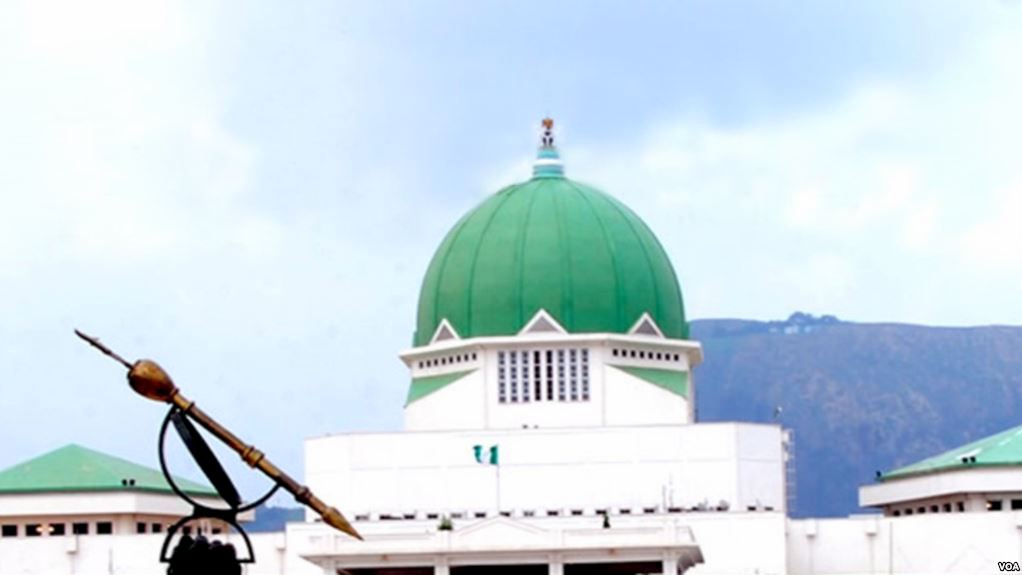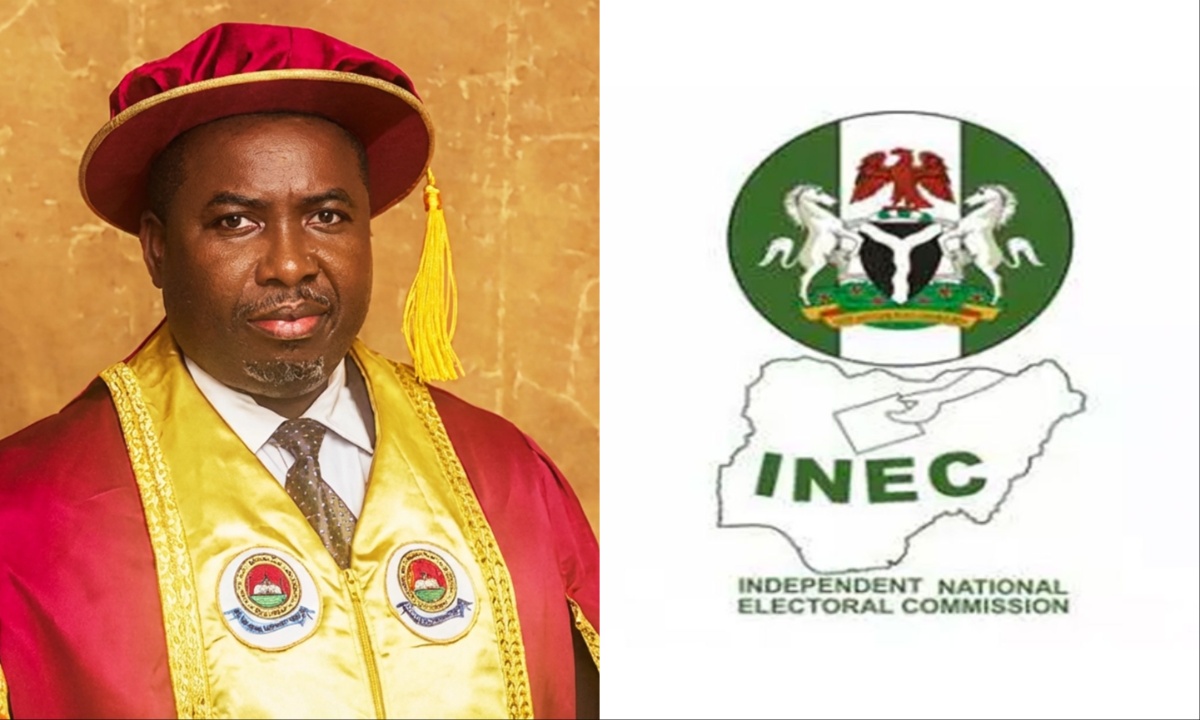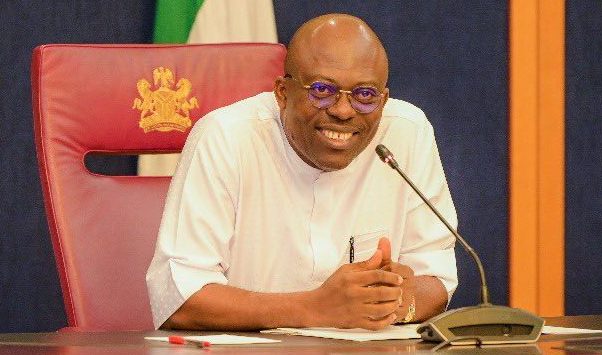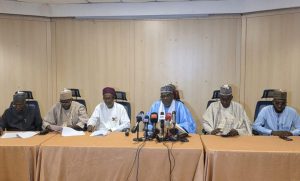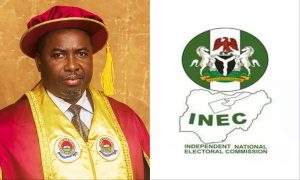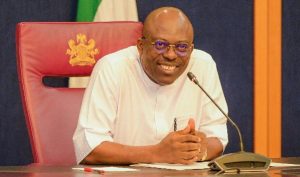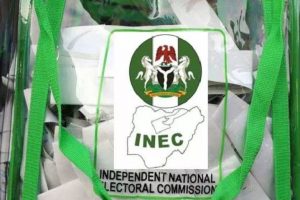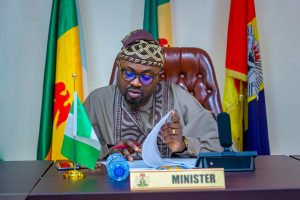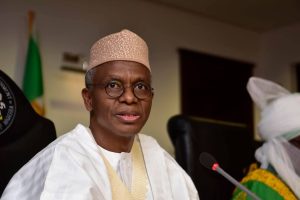There is a move to establish the office of the Attorney-General of the Federation and state, which would be separated from the office of the Minister of Justice or Commissioner for Justice of a state.
The amendment also seeks to make it compulsory for the President and state governors to carry out a state of the nation address. It also proposed that former Presidents of the Senate and Speakers of House of Representatives be included as members of the Council of State.
President, Governors
There is also an amendment to the bill to reflect the establishment of the National and State Councils of Traditional Rulers that would be saddled with the responsibility of advising the President and governors on matters related to customs, security and public order.
Bill 47, which is on the Establishment of State Security Council reads: “A bill for an act to alter the constitution of the Federal Republic of Nigeria, 1999 to establish the State Security Council; and for related matters. This bill seeks to alter the Third schedule to the constitution of the Federal Republic of Nigeria, 1999 to establish the State Security Council to advise the governor on matters relating to public security.
Bill 56, titled, Termination of Tenure on Account of Change of Political Party (Cross-carpeting), is a bill for an act to alter the provisions of the Constitution of the Federal Republic of Nigeria, 1999 to provide for the termination of tenure of certain elected officials on account of a change of political party; and for related matters.
Bill 45 is titled: Timeframe for the Submission of the Names of Ministerial or Commissioner Nominees.
The bill seeks to alter the provisions of the constitution to provide a timeframe within which the President or a governor shall forward to the Senate or State House of Assembly names of nominees for confirmation as ministers or commissioners and provide for 10 percent affirmative action for women.
Clause 147 which is the office of ministers, states: “There shall be such offices of ministers of the government of the federation as may be established by the President. (2) Any appointment to the office of Minister of the Government of the Federation shall, if the nomination of any person to such office is confirmed by the Senate, be made by the President.”
For Clause 192, it states: “There shall be such offices of commissioners of the government of a state as may be established by the governor of the state. (2) Any appointment to the office of commissioner of the government of a state shall, if the nomination of any person to such office is confirmed by the House of Assembly of the state, be made by the governor of that state and in making any such appointment the governor shall conform with the provisions of section 14(4) of this Constitution.”
Bill 67, Clause 2, which seeks to alter Section 153 of the Constitution, recognises the National Council of Traditional Rulers and State Councils of Traditional Rulers as part of federal executive bodies created by the Constitution.
Also, in this group are the Code of Conduct Bureau, Council of State, Federal Character Commission, Federal Civil Service Commission, Federal Judicial Service Commission and the Independent National Electoral Commission.
Bill 67, which makes provision for traditional rulers and institutions, is entitled: “A Bill for an Act to alter the Constitution of the Federal Republic of Nigeria, 1999 to establish the National and State Councils of Traditional Rulers to advise the President and governors on matters related to customs, security and public order; and for related matters.”
Section 14A (1) of the Constitution sets criteria for the establishment of the Council, saying: “The National Council of Traditional Rulers shall comprise a Chairman and such number of persons as may be prescribed by An Act of the National Assembly.”
Section 14 A(2) states:”The Council shall have power to advise the President on -(a) any matter relating to customary law, cultural affairs, inter-state and chieftaincy matters; (b) the maintenance of security and public order within the country or any part thereof; and (c) such other matters as the President may request or as may be directed by the National Assembly.”
It said further that: “The Chairman of the Council shall serve as a member of the National Security Council.”
Clause 3 also seeks to alter part II of the Third Schedule by inserting new paragraphs 7 and 8 which read that “A Council of Traditional Rulers shall comprise a chairman and such number of persons as may be prescribed by law of the House of Assembly of the state.
In paragraph 8 (1) it states that: “The Council shall have the power to advise the governor on -(d) any matter relating to customary law, cultural affairs, inter-communal and chieftaincy matters; (e) the maintenance of security and public order within the state or any part thereof; and (f) such other matters as the Governor may request or as may be directed by the state House of Assembly. The bill also seeks the establishment of State Council of Traditional Rulers whose chairman shall be a member of the State Security Council.”
Bill 58, which provides for independent candidacy, is a bill for an act to alter the provisions of the Constitution of the Federal Republic of Nigeria, 1999, to provide for independent candidacy in presidential, governorship, National Assembly, state houses of assembly and local government council elections.
